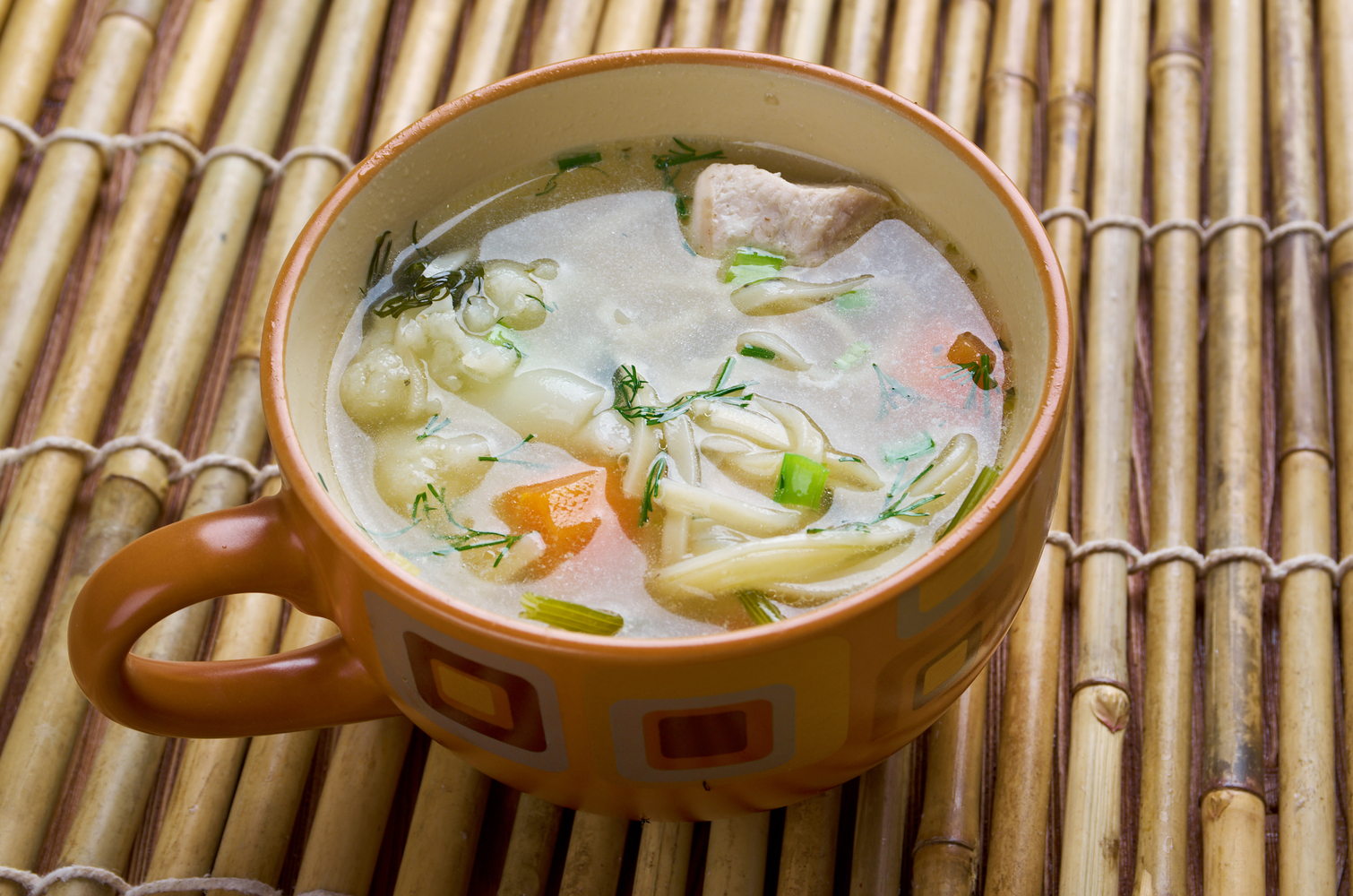Essential Nutritious Snacks to Promote Kids’ Healthy Growth and Development
Discover the top nutritious snacks perfect for supporting kids' healthy growth. This comprehensive guide highlights a variety of wholesome options like nuts, fresh fruits, crunchy vegetables, and nutritious dips. Learn how to incorporate these snacks into your child's diet to promote better eating habits, boost immunity, and support physical and mental development. Offering healthy snacks along with balanced meals can cultivate lifelong habits and foster optimal childhood growth. Prioritize natural, unprocessed foods and lead by example to ensure your children develop a taste for wholesome, nourishing foods that benefit their overall health and well-being.

Essential Nutritious Snacks to Promote Kids’ Healthy Growth and Development
Ensuring children receive proper nutrition is a cornerstone of their overall health and cognitive development. Early adoption of healthy eating habits fosters lifelong benefits, positively influencing their physical and mental well-being as they grow. Integrating nutritious snacks into daily routines alongside balanced meals not only helps in meeting their dietary needs but also instills sustainable eating behaviors. For parents and caregivers uncertain about what snacks are suitable for children, choosing natural, wholesome foods that are both nourishing and appealing is key. This comprehensive guide explores the top nutrient-rich snack options that support healthy growth, provide essential vitamins and minerals, and promote long-term wellness for kids.
Nuts and Seeds
Nuts and seeds are among the most nutrient-dense snacks suitable for children. Rich in healthy monounsaturated and polyunsaturated fats, they provide a natural energy source that keeps kids active and alert. These snacks are also packed with dietary fiber, high-quality protein, and a spectrum of essential vitamins and minerals such as magnesium, vitamin E, and zinc. Regular inclusion of nuts like almonds, walnuts, and pistachios can support cardiovascular health, improve brain function, and bolster overall immunity. For younger children, ensure nuts are chopped into smaller pieces to prevent choking, and serve them as part of a balanced snack plan.
Air-Popped Popcorn
Often misunderstood as an unhealthy snack, plain air-popped popcorn is a whole grain with significant health benefits when prepared without excessive butter or artificial flavorings. It is an excellent source of dietary fiber, which aids digestion and supports gastrointestinal health. Popcorn also provides essential nutrients like vitamin B-complex, magnesium, and iron. When serving popcorn to children, especially the older age group, it's important to supervise portion sizes and ensure the popcorn is free of choking hazards or added unhealthy fats. A light sprinkle of herbs or a small amount of healthy oil can enhance flavor without compromising health benefits.
Fresh Fruits for Vital Nutrients
Fruits are vital in any child's diet as they are rich sources of vitamins, minerals, antioxidants, and dietary fiber. Incorporate a variety of colorful fruits such as berries, citrus fruits, cranberries, and strawberries to ensure a broad spectrum of nutrients. Fruits like oranges and strawberries provide high levels of vitamin C, essential for immune health, skin vitality, and tissue repair. Bananas and avocados supply potassium, supporting proper muscle and nerve function. Fruits are naturally sweet, making them appealing snacks that can satisfy a child's craving for sugary foods while providing vital nutrients necessary for growth and development.
Crunchy Vegetables with Dips
Carrot and cucumber sticks are an excellent way to introduce crunchy, hydrating, and nutrient-dense vegetables into a child's diet. Carrots are packed with soluble fiber, antioxidants, and beta-carotene, which the body converts into vitamin A, vital for vision, immune function, and skin health. Cucumbers are rich in antioxidants and offer high water content, helping keep kids hydrated and fighting oxidative stress. Serve these vegetables with healthy dips like yogurt-based dressings or hummus to make snack time more enjoyable. These options encourage kids to develop a palate for vegetables early on, setting the stage for healthier eating choices as they grow.
Hummus and Whole Grain Pita Bread
Hummus, prepared from chickpeas, sesame seeds, olive oil, lemon juice, and garlic, is an easily digestible, nutrient-rich dip loaded with fiber, healthy fats, and plant-based protein. It can significantly improve digestion, support gut health, and provide sustained energy. Pairing hummus with whole grain pita bread enhances nutrient density, introduces complex carbohydrates, and promotes satiety. This snack is quick, versatile, and appealing to children, especially when served with cut vegetables or whole grain crackers. Regular consumption of fiber-rich foods like hummus supports healthy bowel movements and maintains balanced blood sugar levels, which are critical for growing children.
Fostering healthy eating habits in children requires consistent effort. Offering an array of unprocessed, natural foods that are free from artificial sugars, preservatives, and additives helps establish a foundation for lifelong health. Additionally, children tend to imitate their elders; thus, parents and older family members should set a positive example by demonstrating healthy eating behaviors. Creating a supportive environment where nutritious snacks are readily available encourages kids to make better food choices independently. Remember, gradual introduction of new foods and patience are key strategies to help children develop a preference for wholesome, nourishing snacks that will benefit them well into adolescence and beyond.




